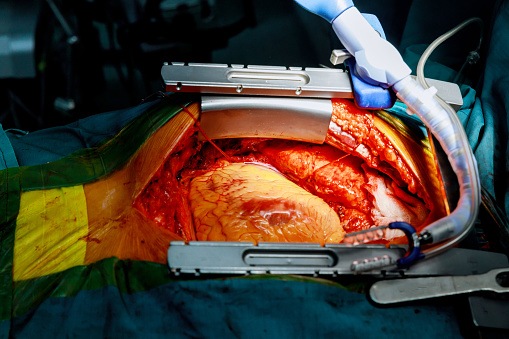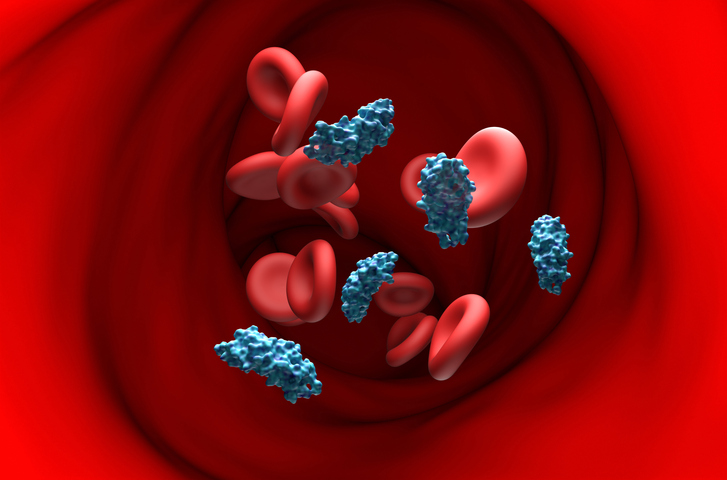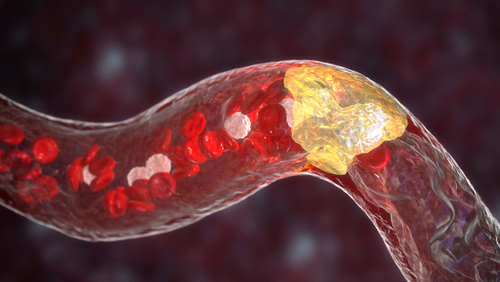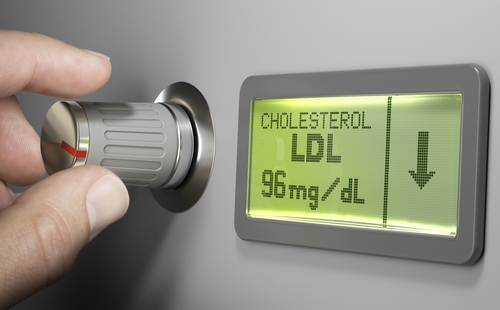
A study published in Cardiology shows that measuring proangiogenic mircroRNAs (miRNAs) helps predict major adverse cardiac and cerebrovascular events (MACCE) in patients with unprotected left main coronary artery disease (ULMCAD) who underwent coronary artery bypass grafting (CABG).
To conduct the analysis, researchers assessed 196 patients with ULMCAD who underwent CABG. Peripheral blood samples were collated prior to CABG, and then plasma samples were separated to detect expressions of 14 proangiogenic miRNAs by the reverse transcription quantitative PCR, the researchers noted.
The results showed that miR-let-7f, miR-19a, miR-126, miR-130a, and miR-378 high expressions were correlated with lower accumulating MACCE occurrence. Moreover, a multivariate Cox regression displayed that miR-let-7f high expression and miR-378 high expression independently predicted reduced MACCE occurrence, whereas high body mass index, diabetes, previous stroke, and higher disease extent were independent predictive factors for elevated MACCE occurrence.
“Measurement of circulating proangiogenic miRNAs especially miR-let-7f, miR-19a, miR-126, miR-130a, and miR-378 helps predict MACCE risk in [patients with] ULMCAD who underwent CABG,” the researchers concluded.







 © 2025 Mashup Media, LLC, a Formedics Property. All Rights Reserved.
© 2025 Mashup Media, LLC, a Formedics Property. All Rights Reserved.